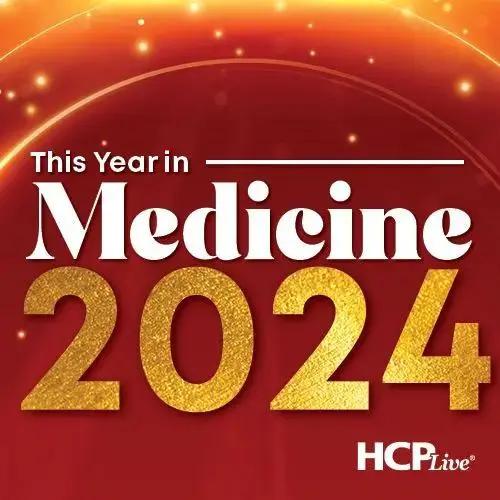Bacterium
Image credits: Unsplash

The combination of 2 Phase 3 trials, ECOSPOR III and ECOSPOR IV, provides a comprehensive overview of Vowst Oral Spores (VOS) efficacy and safety in adults with a history of rCDI. Antibiotics to treat rCDI often fall short of eliminating C difficile spores, which thrive in a disrupted microbiome. The integrated analysis underscores the favorable tolerability of VOS and its efficacy in curbing rCDI recurrence rates.
Of the 349 patients who received at least 1 dose of VOS across both trials, 221(63.3%) reported Treatment-Emergent Adverse Events (TEAEs) through Week 24, primarily mild to moderate, and gastrointestinal. Common treatment-related TEAEs included flatulence, abdominal distension, abdominal pain, fatigue, and diarrhea.
ECOSPOR III enrolled 182 patients with a history of 2 or more CDI recurrences in a randomized, placebo-controlled trial. ECOSPOR IV, an open-label, single-arm study, included 263 patients with rCDI. Patients received VOS orally as 4 capsules over 3 consecutive days post-antibiotic treatment.
No withdrawals were attributed to treatment-related TEAEs, investigators did not associate any serious TEAEs or deaths with VOS. Recurrence rates at Weeks 8 and 24 were 9.5% (95% CI, 6.6–13.0) and 15.2% (95% CI, 11.6–19.4), respectively. By Weeks 8 and 24, 90.5% (95% CI, 87.0–93.4) and 84.8% (95% CI, 80.6–88.4) of patients, respectively, remained recurrence-free.
TEAEs were monitored up to Week 8 post-therapy, with serious TEAEs/adverse events of special interest tracked through Week 24. Efficacy endpoints included rCDI occurrence (toxin-positive diarrhea requiring treatment) through Weeks 8 and 24.
For more on ECOSPOR III from Contagion: Results of the ECOSPOR-III Trial: SER-109 in Recurrent CDI
Overall, these findings advocate for microbiome restoration as a promising avenue in the prevention of rCDI, emphasizing the potential role of VOS in addressing this persistent healthcare challenge.







